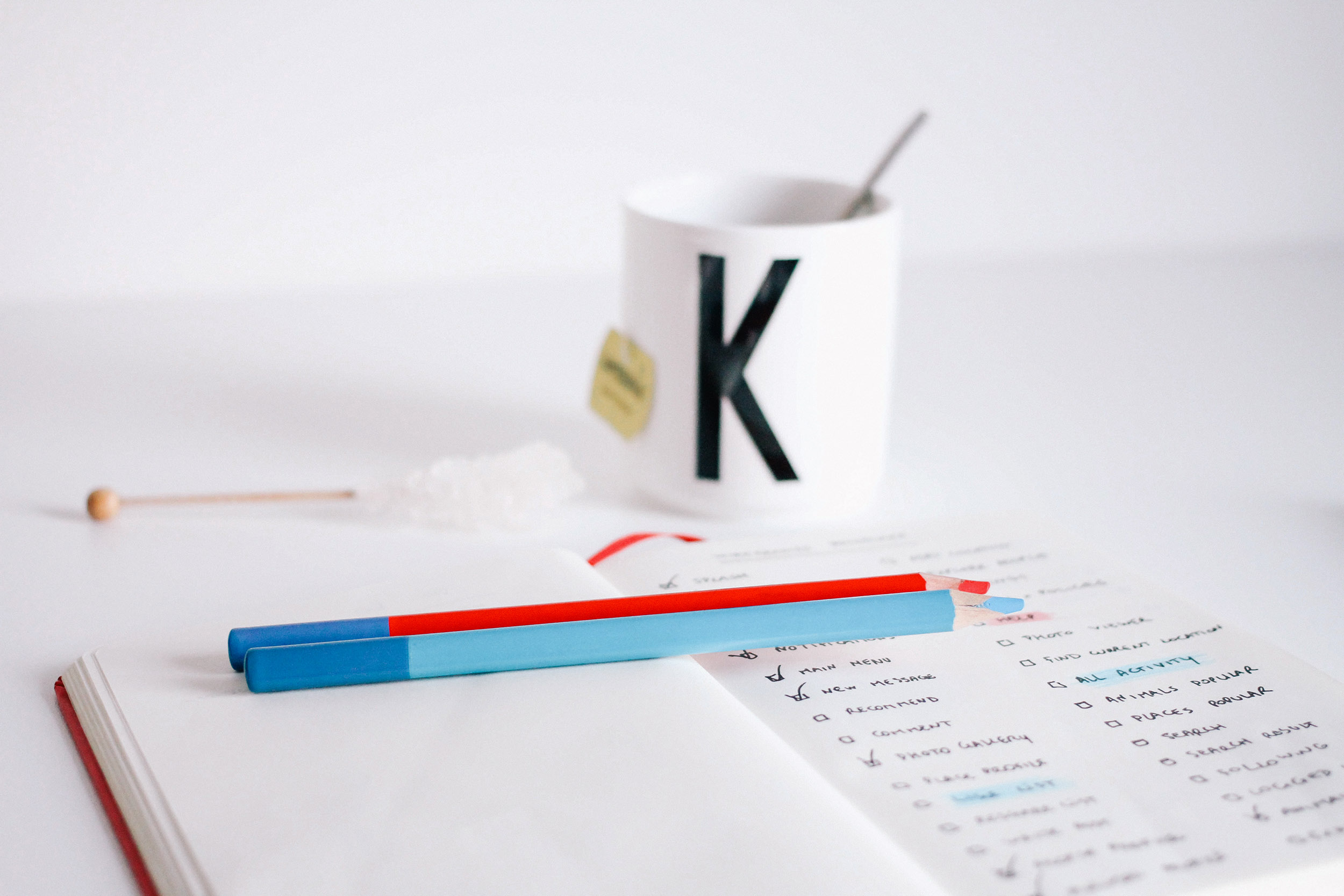Thanks to computer technology you no longer need to be a great speller to be a writer. If you want to be a published writer and you’re relying on spell check to make your prose error-free, don’t. The Spelling & Grammar function in Word is indispensable as a first check on typos and grammar, but it takes a human knowledgeable in the quirks of the English language to catch these homonyms.
Complement-compliment: This is an easy pair to confuse since they both have a rather positive meaning. They are not interchangeable, however. Use compliment when you’re telling your mother-in-law how great that hat looks on her. You might even tell her it complements her eyes. Here’s the difference: to compliment is to praise or offer a positive comment. Use complement when something or someone completes or makes perfect.
Joe’s baritone is the perfect complement to Alice’s soprano. They make lovely music together.
OR The coral-colored ribbon complements your auburn hair.
Bear-bare: The errors I see are not so much with these root words, as knowing to which a suffix may be added. Hint: only one. So it might be helpful to review the meanings of the root words. Although Merriam-Webster identifies six distinct meanings of bare, they all convey the sense of emptiness, lack, uncovered, lacking clothing, scant. Bear has assorted noun and verb meanings. The meaning that seems to cause difficulty for adding the suffix able, is to endure or carry the weight of something.
Jennifer has quite a load to bear right now with a sick child, a laid-off husband, and obstinate parents.
With the right attitude and encouragement, however, her load may be bearable. But never bareable.
Past-passed: Passed is the past and past participle form of pass. It is almost always a verb. (The exceptions are so rare, I’m not going to confuse you with those.) Past, however, can be used as noun (a previous time), adjective (gone by), adverb (to pass by or go beyond), or preposition (beyond the age for or of, later than, after).
In the past, (noun) many folks passed (verb) time in face-to-face conversation with their neighbors. Now, they rush past (adverb) one another in a mad dash to get home and past (adverb) the next level of CandyCrush.
Waste-waist: I don’t want to waste a lot of time on this pair. Suffice to say, use waist to refer to the midsection, midriff, midpoint. Waste has multiple meanings and uses: to consume or spend uselessly; to become physically worn, lose strength; left over, unconsumed products. If you’re going to worry about one of these, it should probably be over wasted time, not your waist line.
Peak-peek-pique: And finally, my favorite personal pet peeve. It seems many writers know the meaning of the verb pique, to arouse one’s interest, but apparently not its unique spelling. It’s often written as peak which means top or summit (mountain peak) or peek which means to glance or glimpse (take a peek at what’s behind the curtain). Pique can also be used as a noun meaning feeling of irritation, resentment as in wounded pride. If you want to send an editor into a fit of pique, pay attention to your peaks and peeks.
And don’t rely on spell check.







1 Comment
Thanks for this! As a word geek, I hate it when words are misused and these are some of the best. 🙂